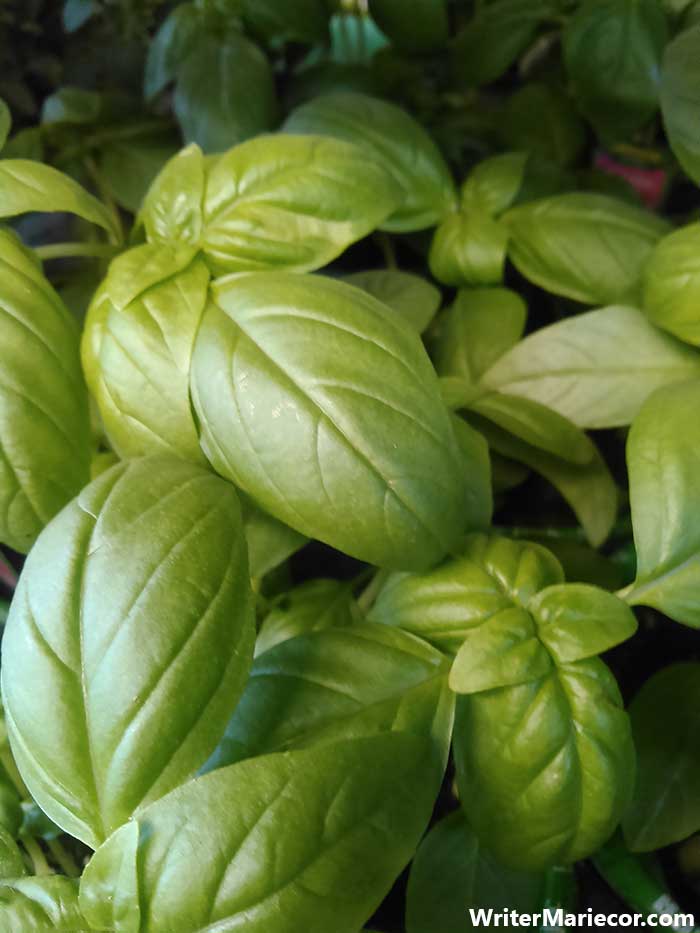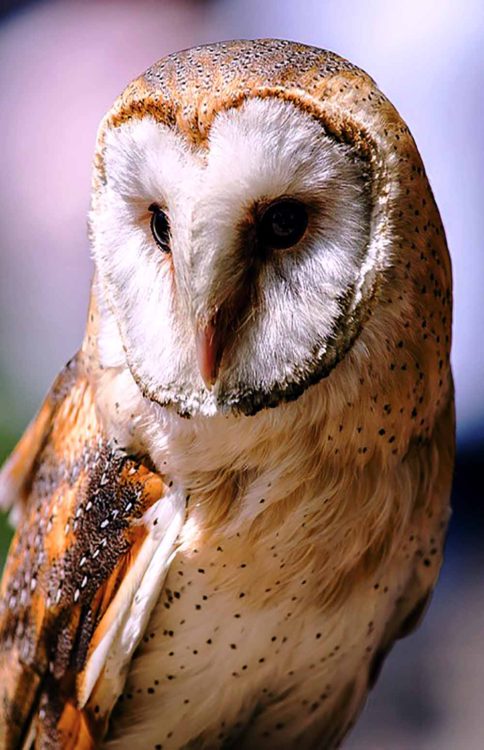Summer is the season when folks tend to spend more time outdoors. The warm weather naturally brings with it some pests, like mosquitoes.
Rather than relying on chemical products and other artificial (think man-made) solutions, there’s one alternative that promises to be friendlier to the environment. Surround yourself – your garden, your home, your patio, even your room – with plants that naturally repel mosquitoes. Here are some suggestions:
CITRONELLA
Not surprisingly, Citronella is one of the most common ingredients in bottles of mosquito repellant sold at stores. But why dole out cash for store products, when you can grow your very own Citronella plant. Citronella is a perennial that gives off a strong scent, which keeps mosquitoes away. It is easy to grow, and can reach a height of 5 or 6 feet tall. Citronella can be grown in individual planters, garden boxes at your window, or even line the boundaries of your porch and patio. Others prefer to plant it directly into a garden bed in the front lawn and in the backyard, too. When Citronella is crushed, an oil is released; this oil can be directly rubbed onto the skin as a mosquito repellant. Another avenue of repelling mosquitoes is to burn citronella-infused oil so that the scent’s dispersal into the air can keep the bugs away. For more on how best to use Citronella (with advice on dosage to prevent allergic reaction, as well as warnings against its use by pregnant women, infants, and toddlers), click on this link from WebMD.
MARIGOLD
Marigolds are hardy plants that naturally contain Pyrethrum, one of the ingredients used in insect repellants. Their unique scent repulses many bugs, including mosquitoes. The vibrant colors of marigolds make this annual flowering plant a favorite for gardeners and landscapers alike. Many gardens and homes can be seen bordered with marigolds. Planting your own marigolds around your property, especially near doors and windows, can create a natural boundary that mosquitoes are less likely to traverse.
LEMON BALM
Lemon Balm is a member of the mint family, and is easily grown – even if you are just a beginning gardener still waiting to cultivate your green thumb. What’s more, Lemon Balm is a hardy plant that is drought-resistant, and can likewise grow in the shade. It is best to grow it in a planter or container, for it is fast-growing and can be quite aggressive as a plant if grown in the yard. Besides its mosquito-repelling capabilities, Lemon Balm leaves can be dried to form an herbal tea. For more on the medicinal properties of Lemon Balm, click this link from WebMD.
BEE BALM
Bee Balm is a lovely flowering plant that hummingbirds can’t get enough of! It is best planted in full sunlight, so it would be best outdoors. Just like Lemon Balm above, Bee Balm is also a member of the mint family, so it, too, is effective as a natural repellant for mosquitoes. Curiously enough, picking its flowers encourages another round of blooms. Bee Balm flowers, meanwhile, can be used to garnish cakes, salads, and other dishes. Yet another favorite use for Bee Balm flowers and its leaves is to dry them for use as potpourri. Its aromatic leaves can, subsequently, be used for a tea. To learn more about how Bee Balm’s history intersects with the Boston Tea Party (one of the events that led to the American Revolution), click this link from HGTV.com.
OREGANO
This aromatic herb is highly prized by culinary enthusiasts. But it can additionally double as an insect repellant. Oregano, incidentally, contains the compound carvacrol, which certain insects (like mosquitoes) find offensive. Carvacrol, in turn, is found in other members of the mint family. Thus, oil of Oregano – which can be extracted by placing chopped fresh oregano in boiling water and then letting the mixture sit – has been found to be effective as a spray to repel mosquitoes. Unfortunately, the Oregano plant is highly susceptible to spider mites and aphids – so it is best to plant Oregano near garlic, chives, and onions for protection against other pests.
BASIL
Basil is a favorite for cooking recipes. But did you know it naturally repels mosquitoes and thereby can protect you against those blood-sucking pests? Planting basil in your garden (whether outdoors or in an indoor kitchen garden) brings many benefits. Basil is very aromatic, with a wonderful smell appealing to humans while simultaneously deterring mosquitoes. Basil’s other health benefits can be found at this link from Medical News Today.
ROSEMARY
Folks are familiar with Rosemary being an herb that flavors dishes, and yet it is also very effective in repelling mosquitoes. Then, too, Rosemary is a beautiful flowering plant, so having it in your garden is appealing to the eye. Its flowers, moreover, tend to attract butterflies and hummingbirds, thereby making your outdoor garden a wildlife-friendly space that concurrently repels pesky mosquitoes. Plus, who wouldn’t want a sprig or two of Rosemary in a veal, chicken, lamb, fish, or steak dinner?
LAVENDER
Lavender, the light purple flowering plant, is a lovely color to see in one’s garden. And, its scent provides a soothing calm that many in the aromatherapy industry hail as a wonder in promoting rejuvenation. But, guess what? Lavender is similarly a natural mosquito repellant! Lavender can be grown indoors near a sunny window, or even outdoors in your garden – in either case lavender can keep the mosquitoes away. Lavender can likewise be consumed as tea or used in other recipes because of its health-promoting advantages. For more on how lavender is good for the body click this link from Health.com.









Great site. Love your info.